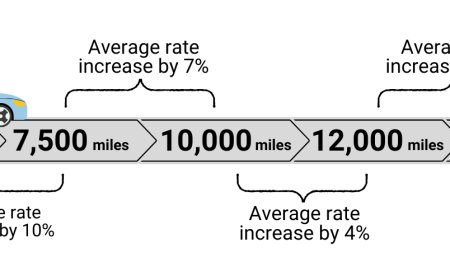How to prepare for a semen analysis test
Preparing for a semen analysis test is essential to ensure accurate and reliable results. Men should maintain 2 to 7 days of sexual abstinence before the test, ideally between 3 to 5 days. It’s important to avoid alcohol, smoking, caffeine, and hot environments like saunas, which can negatively affect sperm quality. Staying hydrated, eating a balanced diet, and avoiding stress also support better sperm health. On the day of the test, the semen sample should be collected in a sterile container, preferably at the clinic, or delivered within 30–60 minutes if collected at home. Informing the lab of any collection issues is vital. Following these steps helps ensure that the semen analysis normal report reflects your true fertility status.

Introduction
A semen analysis normal report is a key diagnostic tool used to evaluate a man’s fertility potential. Whether you're starting fertility treatment or simply checking your reproductive health, the test provides critical insights into sperm count, motility, morphology, and overall semen quality. Proper preparation is essential to ensure accurate results. This article outlines everything you need to know about how to prepare for a semen analysis test.
What Is a Semen Analysis Test?
A semen analysis examines the quantity and quality of sperm in a semen sample. It checks for:
-
Sperm count (concentration)
-
Sperm motility (movement)
-
Sperm morphology (shape)
-
Semen volume and pH
-
Presence of white blood cells or abnormalities
This test is often the first step in identifying male fertility issues.
Why Preparation Matters
Improper preparation can lead to inaccurate or misleading test results. This may result in unnecessary repeat testing or misdiagnosis. Following the correct guidelines ensures that your semen sample reflects your true fertility status.
Step-by-Step Guide: How to Prepare for a Semen Analysis
1. Maintain Sexual Abstinence (2 to 7 Days)
Avoid ejaculation for 2 to 7 days before the test. Too short an abstinence period may lower sperm count; too long may decrease sperm motility.
-
Ideal abstinence: 3 to 5 days
-
Avoid sexual activity including intercourse and masturbation during this period
2. Avoid Alcohol and Tobacco
Limit or avoid alcohol, smoking, and recreational drugs at least a week before the test. These substances can negatively affect sperm production and quality.
3. Skip Caffeine and Herbal Supplements
Excessive caffeine, certain herbal remedies, or energy drinks may alter hormone levels or sperm motility. Consult your doctor before taking any supplements or medications.
4. Stay Healthy and Hydrated
-
Drink plenty of water in the days leading up to the test
-
Eat a balanced diet rich in vitamins and antioxidants (zinc, vitamin C, E, selenium)
-
Get adequate sleep
-
Reduce stress, as high stress can affect sperm quality
5. Avoid Exposure to Heat
Avoid activities that increase scrotal temperature, including:
-
Hot baths and saunas
-
Prolonged laptop use on the lap
-
Tight underwear or pants
High temperatures can temporarily affect sperm count and motility.
6. Discontinue Certain Medications (If Advised)
Some medications can interfere with sperm production, including:
-
Antibiotics
-
Steroids
-
Anti-androgens
-
Chemotherapy drugs
Always consult your doctor before stopping any prescribed medications.
7. Collect the Sample Correctly
On the day of the test:
-
Wash your hands and genital area with mild soap and rinse well
-
Collect semen via masturbation into a sterile, labeled container (provided by the clinic)
-
Do not use lubricants, saliva, or condoms unless specifically advised
-
If done at home, deliver the sample to the lab within 30 to 60 minutes, keeping it close to body temperature
8. Inform the Lab of Any Issues
If you were unable to collect the entire sample or faced any issues, inform the lab staff. It can impact the interpretation of results.
Additional Tips
-
Avoid strenuous physical activity a day before the test
-
Reschedule the test if you’re unwell or have a fever, as illness can temporarily affect sperm quality
-
Ask your doctor if a repeat test will be required. Sometimes, two or three tests over time are necessary for accurate assessment.
What to Expect After the Test
-
Results are usually available in 24 to 72 hours
-
Your doctor will explain parameters like sperm count, motility, morphology, and other findings
-
If abnormalities are found, additional tests like hormonal profiles, scrotal ultrasound, or genetic testing may be suggested
Final Thoughts
Preparing properly for a semen analysis test ensures you receive accurate and reliable results. A little care in the days before the test can make a big difference in diagnosis and treatment planning. Whether you're testing for fertility or undergoing assisted reproduction, following these guidelines is the first step toward understanding your reproductive health.
For More Details: https://acimc.org/ivf-lahore/





































